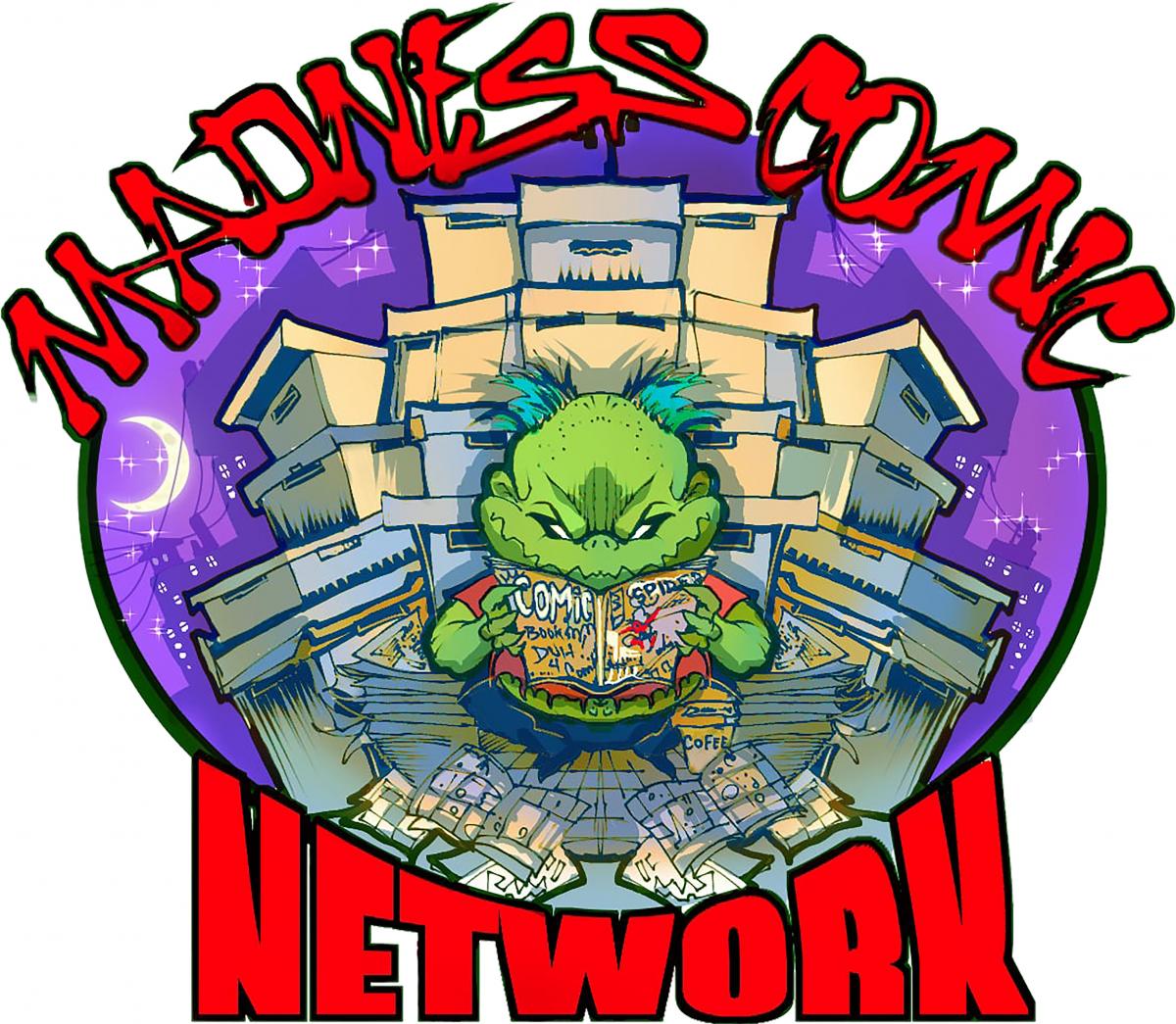Where Does The Slang Of Geek Culture Originate From?
FTC Statement: Reviewers are frequently provided by the publisher/production company with a copy of the material being reviewed.The opinions published are solely those of the respective reviewers and may not reflect the opinions of CriticalBlast.com or its management.
As an Amazon Associate, we earn from qualifying purchases. (This is a legal requirement, as apparently some sites advertise for Amazon for free. Yes, that's sarcasm.)

Over thousands of years of history, language has been essential to the world’s progression forwards into the next generation. As time has passed, it has evolved and changed to suit different circumstances. Technology in part has accelerated this process and has in itself contributed to further evolution and shift in culture. This is giving rise to different social groups such as geeks who each, in turn, have their own slang - here’s where it all comes from.
In itself, the word geek comes with some intriguing etymological origins, namely deriving from the Middle Low German word ‘geck’ to mean a fool or freak. Moreover, in other languages such as Dutch and Afrikaans, it has come to mean that someone is crazy. As with a lot of terms that have come to define social groups, the immediate definition of 'geek' concerns it being used as a pejorative term. With its use to mark out someone as different or strange due to the social status. This is also true for similar words such as ‘nerd’, whose origins as a slang term date more recently back to 1951 and the following decade saw it become a synonym for a drip, as coined by Newsweek magazine.
Yet, the dawn of the Internet has given way to a cultural broadening that has heralded an age of semantic reclamation for ‘geek’ and similar terms. Geek culture has become something interestingly trendy. As a result, its lexis has taken on much more positive meanings and diversified. There’s a certain identity that has come around from the words used and a lot of the abbreviations and contractions for instance have ties to many different games.
For example, the term ‘buff’, originally defined as being an item used for polishing, has now come to mean a bonus or effect within a game designed to make an item more or less powerful, dependent upon whether the ‘de-‘ prefix is added. Moreover, a colloquial term such as ‘cheese’ is now defined as being an underhand strategy, be it in the noun or verb form.

Image Source: Pixabay
Where these terms originate from is most likely within the geek communities themselves where words have been individually repurposed and reapplied to new and different contexts. However, doing so isn’t something that is a new phenomenon. Technical language has been a key part of linguistics for a rather long time, and this principle of making up slang to suit different situations is also nothing new.
For instance, bingo callouts are one of the major exponents of clever terms used to mean completely different things from their normal definition. Such as ‘Cup Of Tea’ to refer to three due to the inherent rhyme. As time has passed too, the game of bingo has seen its own reapplication from the tradition of bingo halls to websites such as WDW Bingo that has given way to a new, younger generation of players. This constant reinvention of games like bingo means it’s more likely to sustain its popularity. And, if slang terms are in the common parlance of different social groups, then the slang will be more familiar to a broader group of people.
Learning about the origins of geek culture and its associated terminology is certainly rather interesting, as are the linguistic processes by which such things occur. As language evolves, the people that use it change with it, and it becomes increasingly likely that society’s outsiders are the ones that come out on top. Maybe nerds shouldn’t be as maligned as people may think they are.


